
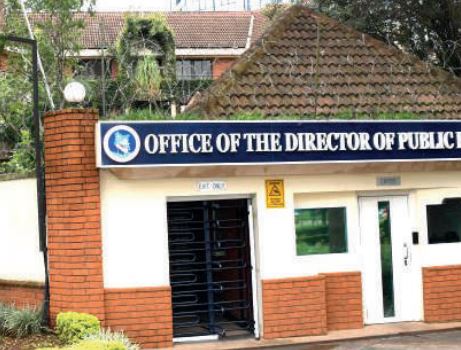 Office of the Director of Public Prosecutions /FILE
Office of the Director of Public Prosecutions /FILE
There is great disappointment with the Office of the Director of Public Prosecutions, which is central to our criminal justice system. The constitution has important provisions on the subject, but overall the law is a bit of a mess.
In England – from which our system is derived – most cases were brought to the criminal courts by aggrieved citizens. It was only in the 19th century (the 1800s) that a system of public prosecutors began to be set up. Even then private individuals brought most cases, but gradually the police took over this responsibility.
The main law about criminal prosecutions in Kenya is the Criminal Procedure Code (CPC), a remarkably old and old-fashioned piece of law originally passed in 1930. It constantly talks about “complainants” and how they begin criminal cases. It reflects the situation at that time, when no doubt more people would go to a magistrate and make a complaint.
However, for a long time, until recently, the police were in charge of prosecutions generally, including appearing as prosecutors in court. There was a DPP, as used to be the case in the UK - under the control of the Attorney General.
The system of police prosecutors started to be phased out here in 2007 – which meant recruiting a large number of public prosecutors. A few years ago the office gazetted more than 800 names of staff who have the power to prosecute. They are stationed across the country, and cases should not proceed without their approval.
This is because in 2010 the constitution created the new-style DPP to “exercise state powers of prosecution”. The office is “independent” – not subject to anyone else’s direction or control, nor requiring any permission to prosecute.
So now the DPP is quite separate from the Attorney General. Interestingly, as steps were taken to implement the constitution, and behind the scenes haggling was going on, rumour had it that there was more concern on the part of government about who was to be DPP than who was to be Chief Justice. The nation, fortunately, got Chief Justice Willy Mutunga.
There was a lot of unhappiness when the first “independent” DPP was someone who had been DPP under the old system. Africog wrote to the National Assembly Speaker: “The constitution offers Kenya a fundamental opportunity to break away from a past characterised by impunity, corruption and abuse of power. The office of DPP is central to this endeavour. However, neither the nominee, nor the manner of his nomination, can provide Kenyans with the confidence that he represents anything other than the continuity of the old order.”
To make matters worse, then President Uhuru Kenyatta gave that same person a nice fat job (as Cabinet Secretary) not long before his DPP post would end. What an indication to future DPPs that if they are government-friendly they may hope for something good after retirement as DPP!
Who actually
prosecutes?
Of course, the DPP does not do everything personally. The constitution says that the powers may be exercised by “subordinate officers”. Interestingly, the ODPP Act says that the DPP may delegate powers to police officers as “prosecution assistants”. I am not sure that this is right – they are serving officers, not subordinate officers of the DPP.
Parliament could pass law giving any other authority the power to prosecute – not any “person”.
It is generally agreed these days that the functions of investigation and prosecution should be separated – this is why the Ethics and Anti-Corruption Commission cannot prosecute. Tension and accusations between these two offices are common.
A National Assembly committee has suggested that the DPP should delegate prosecution powers to specific EACC lawyers. But again – these are not subordinate officers of the DPP. And it would be in effect a backdoor way of giving prosecution powers to the EACC. Parliament can do that by an Act – requiring full discussion, and public participation.
Safeguards
No-one can substitute their judgment on whether to prosecute – or for what – for that of the DPP, not even a court. But if the DPP abandons his or her independence or makes a decision on a clearly wrong basis, a court could say “Do that again”.
Naturally there are more cases of people who have been charged challenging the decision of the DPP than there are cases of people complaining that someone has not been charged.
Cases may be began with a bit of fanfare, but later withdrawn. We see that quite often. It was a practice under the old constitution where the AG could stop cases, including those started by others – private prosecutions.
The constitution tried to put a stop to this. It says that the DPP cannot take over and stop a case brought by anyone else or even withdraw a case brought by the ODPP itself without the permission of the court.
Most cases fall into the last class. They put the court in a difficult position: the ODPP will say that the evidence is not strong. Obviously it will not say that the government wants to protect its own. How can the court refuse? And even if it does, it cannot compel the ODPP to pursue the case with any vigour.
Private prosecutions
There was doubt about private prosecutions being still possible. However, the constitution says that the DPP exercises “power of public prosecution” - not private.
The law remains rather confusing. As I said the CPC speaks of prosecution as something done by individuals – as complainants.
The ODPP Act says very simply and clearly: “any person may institute private prosecution” and they must “within thirty days of instituting such proceeding, notify the director in writing of such prosecution.”
This would have to be done using the CPC procedure.
On its website the ODPP say that anyone wanting to prosecute personally must get permission of a magistrate’s court, must show that they have reported the matter to the police and that the DPP has, without reasonable justification, made a decision not to prosecute.
These conditions are, I believe, taken from court cases. They seem to go against the CPC and the ODPP Act.
The Supreme Court recently decided a case on a private prosecution (Cox v Okello [2025] KESC 54). The case had been ended by a magistrate court and the accused person acquitted.
The Supreme Court held the procedure used to bring the case to higher courts could not be used to reverse an acquittal. It also observed that the private prosecutor did not have the choice of bringing an ordinary appeal. They did feel that private prosecutors ought to be able to bring appeals, asking the Kenya Law Reform Commission to look at the law on the subject.
However, the law on, and attitudes towards, private prosecution in Kenya seem rather confused. The Supreme Court quoted the English highest court that being able to institute private prosecutions was “a valuable constitutional safeguard against lassitude [lack of energy] or bias on the part of prosecuting authorities” – we would add corruption or political deals.
But our Supreme Court added “Such prosecutions are generally excluded in serious criminal matters and are typically permitted only where limited private interests are at stake.” This goes quite against the idea that private prosecutions may be really useful, and it contradicts the ODPP Act.
Arguably it is against the constitution. That says that the DPP can take over a case started by someone else but with the permission of whoever started the case. That suggests greater freedom to bring private prosecutions.
A major rethink of the issues of prosecution and clarification of the law, including on private prosecutions, is clearly overdue. Ideally the role of the president in appointing the DPP (he chooses one of three proposed by a panel), and the Inspector General of Police should also be reduced.





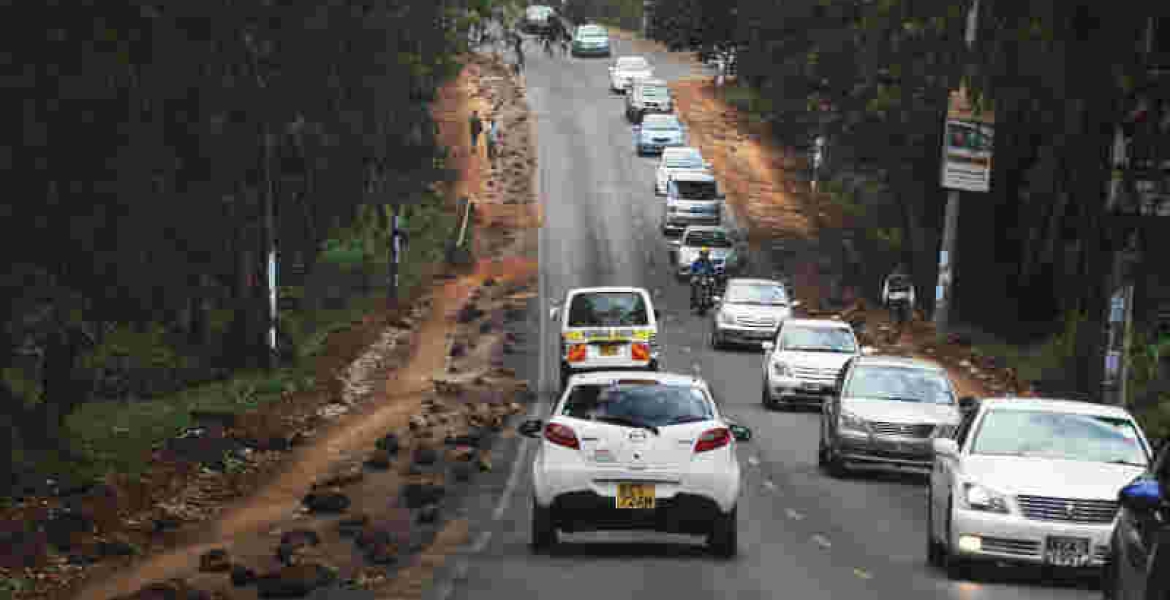

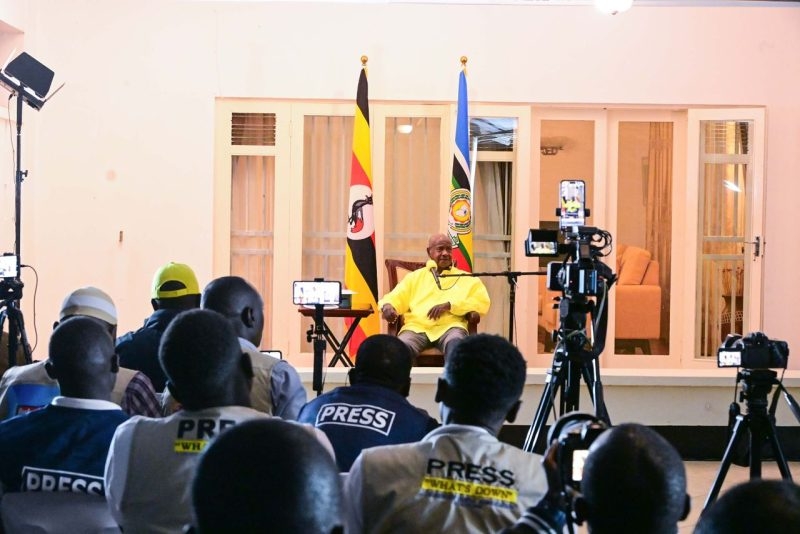
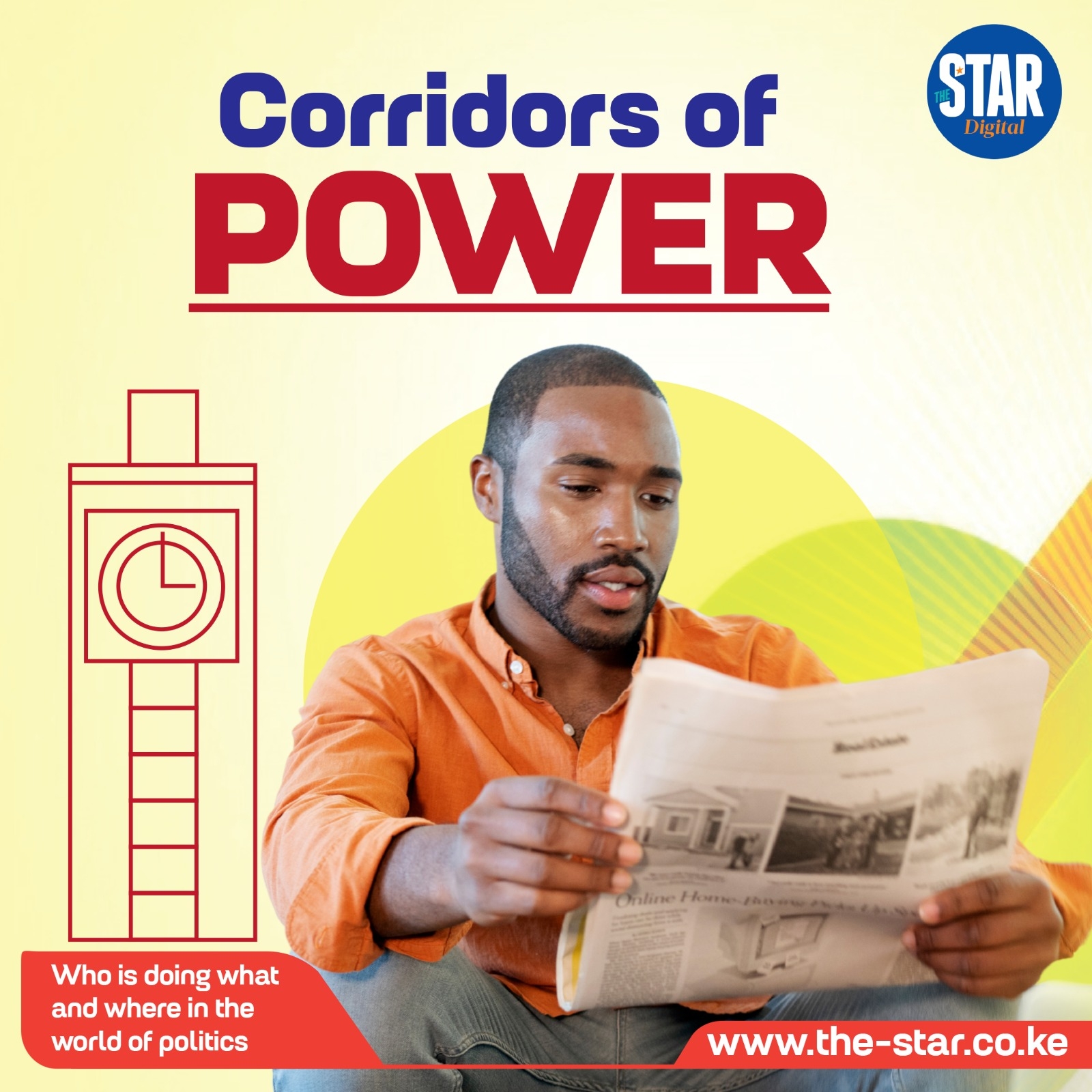

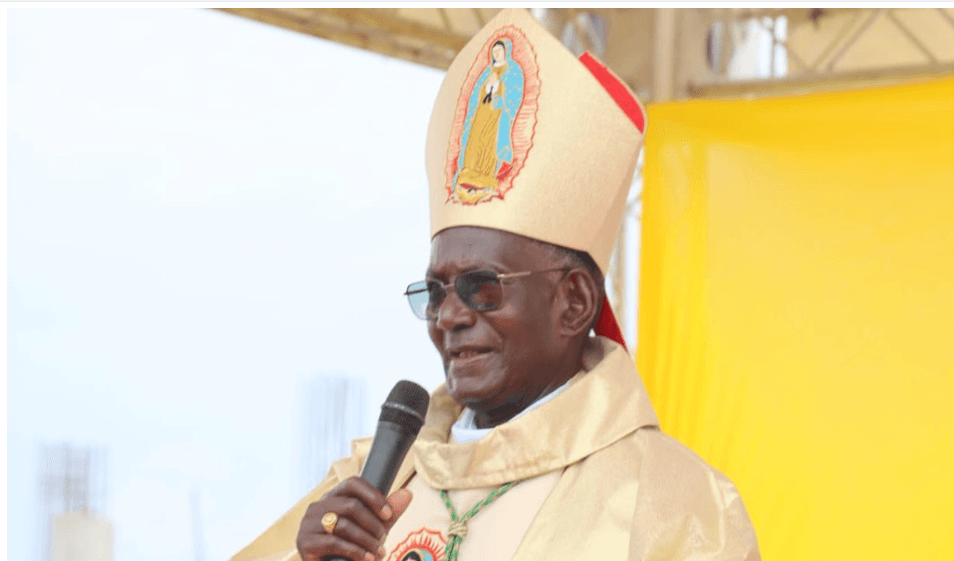


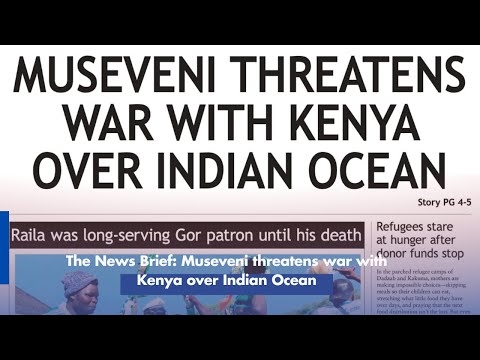

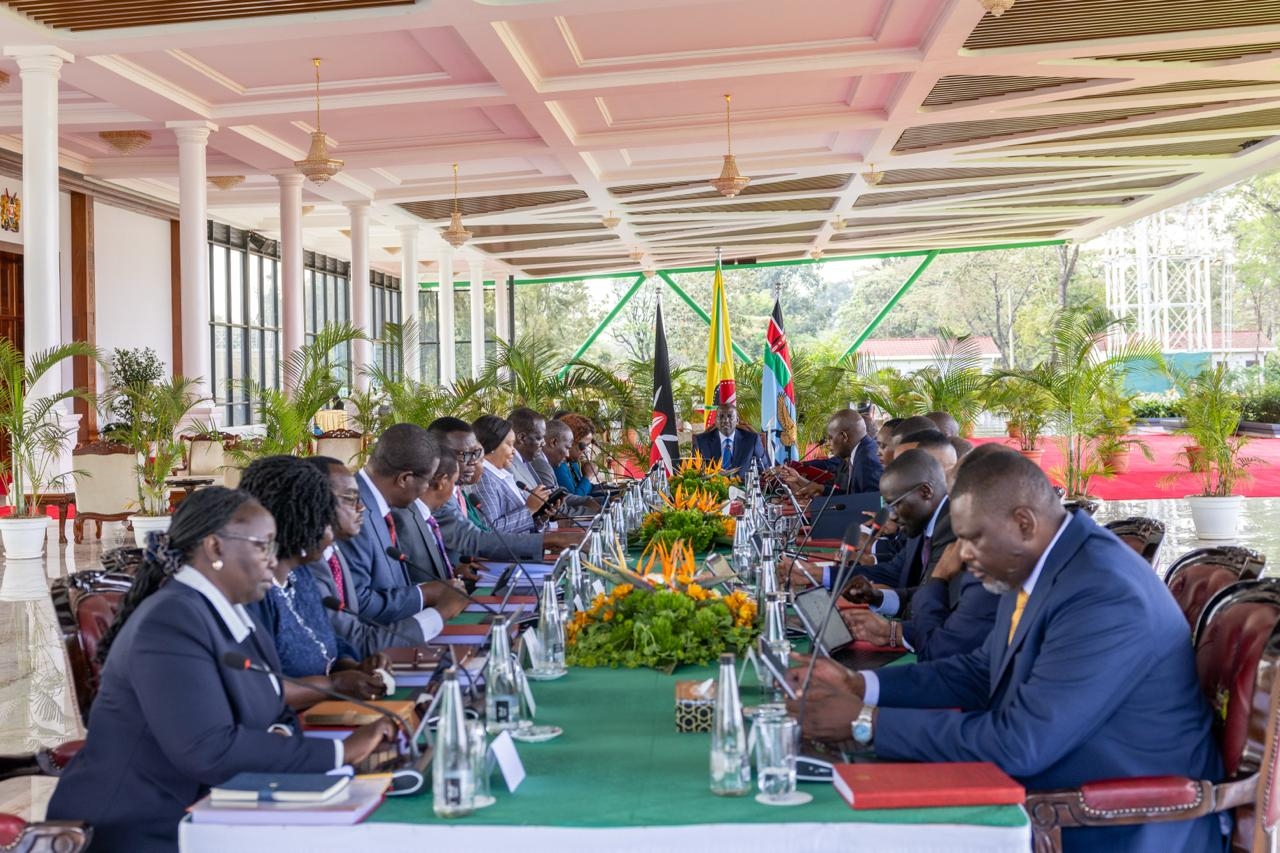
![[PHOTOS] Gor fans march to Bondo to honour Raila](/_next/image?url=https%3A%2F%2Fcdn.radioafrica.digital%2Fimage%2F2025%2F11%2F753aaa26-999c-40fe-bf2e-409fc6282745.jpeg&w=3840&q=100)
